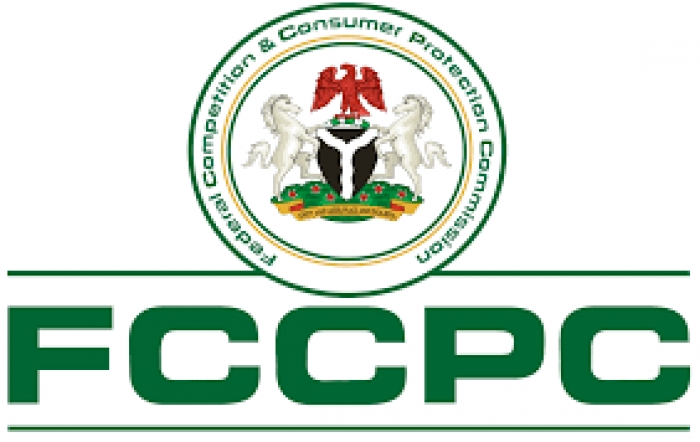The Federal Competition and Consumer Protection Commission (FCCPC) has directed the Ibadan Electricity Distribution Company (IBEDC) to refund consumers who have spent their own money on transformers, poles, cables, and other electrical infrastructure.
This directive was issued during the FCCPC Electricity Consumer Forum held in Ota, Ogun State. The Chief Executive Officer and Executive Vice-Chairman of the Commission, Tunji Bello, represented by FCCPC official Mrs. Bridget Etim, emphasized that it is not the responsibility of consumers to provide electricity infrastructure, and any such expenditures must be reimbursed by the distribution company.
During the forum, held in the Ilogbo, Oju-Ore area of Ado-Odo/Ota Local Government, various community leaders from local development committees expressed frustration over IBEDC’s alleged neglect of their complaints. The Zonal Chairman of the Ado-Odo/Ota CDC, Olatunji Onaolapo, criticized IBEDC’s perceived indifference, stating that despite numerous letters, the company had not responded to community concerns.
“In Itele Ota alone, residents have bought about 80 transformers without any contribution from IBEDC,” Onaolapo said. “Even after paying for energisation, we still have to beg IBEDC to come and install the transformers they should have provided in the first place.”
In response, Abdulrasaq Jimoh, IBEDC’s representative in Ogun State, claimed that the communities erred by purchasing equipment without formally notifying the Nigerian Electricity Regulatory Commission (NERC).
However, FCCPC’s Etim countered this claim, stating that IBEDC has a duty to escalate such investment plans to the regulator on behalf of the communities. She cited Jos Electricity Distribution Company as an example, noting that it refunded consumers for similar investments without prior approval from either NERC or FCCPC.
“We are not going to accept that excuse,” Etim said. “For any future investments made by consumers, IBEDC must ensure refunds are provided. Prior cases may not have been well documented, but going forward, the process must be followed.”
She urged communities to inform the FCCPC of any planned investments in electricity infrastructure to ensure proper documentation and facilitate refunds through energy credits.
In her presentation of the EVC’s opening remarks, Etim highlighted that the three-day forum was organized under Sections 17, 127, 130, and 151 of the FCCPA 2018. The goal, she said, was to bridge the gap between electricity consumers and service providers.
“Electricity is more than a commodity — it’s a critical service that supports daily life, businesses, and economic progress,” she said. “The sector still faces major issues, including poor metering, billing errors, and inadequate infrastructure, which must be addressed through open dialogue and collaboration.”
She added that the forum offers a non-confrontational space for consumers to understand their rights and for IBEDC representatives to address complaints on the spot, in line with FCCPC’s mandate to ensure practical, accessible, and responsive consumer protection.
